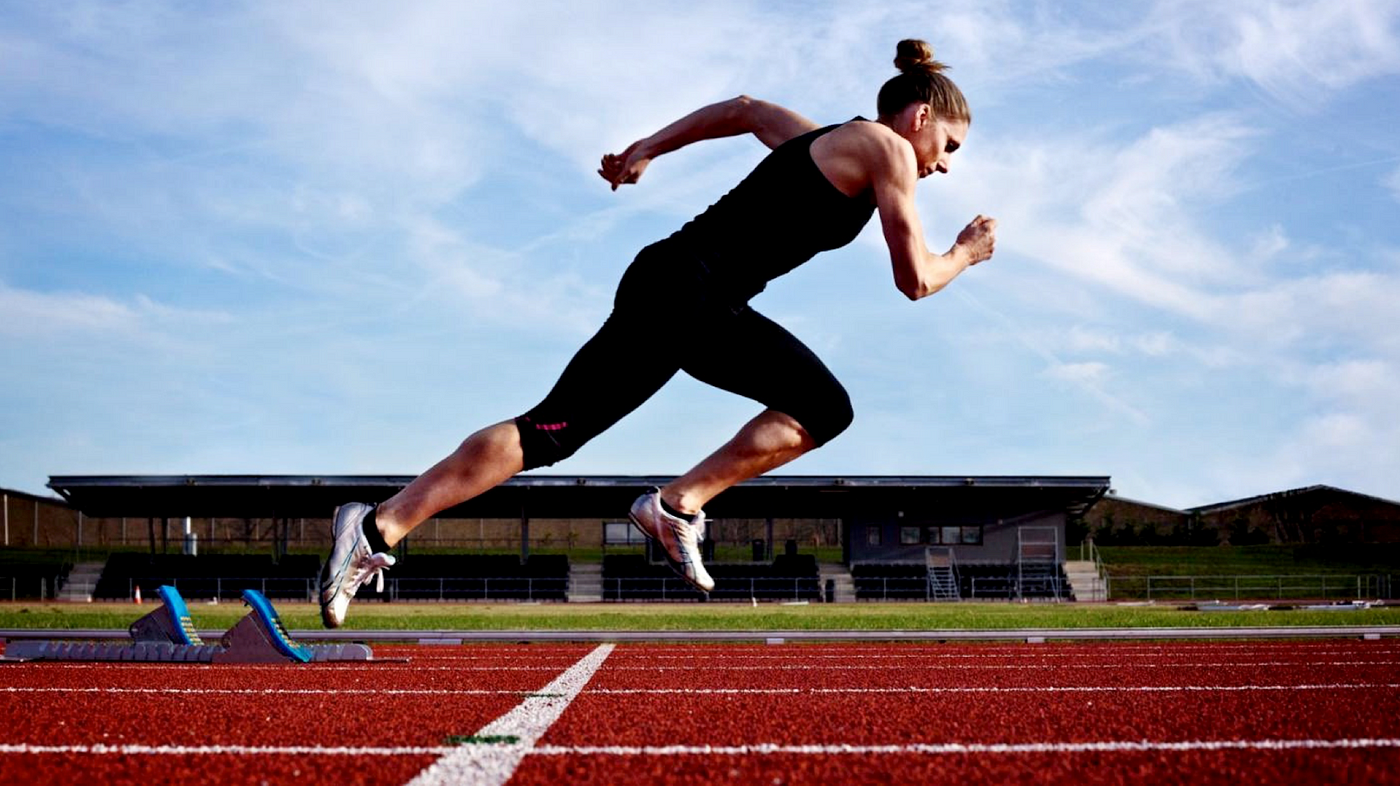-
Goal Setting:
- Set clear, specific, and achievable goals. Short-term and long-term objectives provide a sense of purpose and motivation for athletes.
-
Visualization:
- Mental imagery can be a powerful tool. Visualize yourself successfully performing in your sport, which can enhance confidence and reduce anxiety.
-
Positive Self-Talk:
- Replace negative self-talk with positive and encouraging thoughts. Self-affirmation can boost confidence and maintain focus.
-
Mindfulness and Relaxation:
- Incorporate mindfulness techniques, such as deep breathing and meditation, to stay calm and focused, even in high-pressure situations.
-
Routines and Rituals:
- Establish pre-game routines and rituals that help you get into the right mental state. Familiar actions can provide a sense of comfort and control.
-
Stress Management:
- Develop strategies to manage stress effectively. This might include techniques like progressive muscle relaxation or biofeedback.
-
Confidence Building:
- Focus on building self-confidence through practice and consistent performance improvements. Believing in your abilities is key.
-
Focus and Concentration:
- Train your mind to concentrate on the task at hand, blocking out distractions. This skill is vital for maintaining peak performance.
-
Adaptability:
- Develop mental flexibility to adapt to changing situations and challenges during a game. The ability to adjust and stay composed is a valuable skill.
-
Emotional Control:
- Learn to manage your emotions during competition. Keeping your emotions in check can prevent impulsive decisions and reactions.
-
Team Communication:
- Effective communication within a team fosters understanding and collaboration. Clear communication reduces misunderstandings and builds team cohesion.
-
Resilience and Perseverance:
- Resilience is the ability to bounce back from setbacks. A strong mindset can help you persevere through tough times and come back stronger.
-
Reflect and Learn:
- Regularly evaluate your performance and learn from your mistakes and successes. Self-reflection is a powerful tool for growth.
-
Mental Coaching:
- Consider working with a mental coach or sports psychologist who can provide personalized guidance and training.
-
Preparation and Game Analysis:
- Analyze your opponents and strategize. Understanding your competition can give you a mental edge.
-
Visualization of Challenges:
- Anticipate challenges and setbacks and visualize how you will overcome them. Mental preparedness is a key element in facing adversity.
-
Post-Game Reflection:
- After a competition, reflect on your performance objectively, celebrating successes and identifying areas for improvement.
-
Stay Passionate:
- Maintain your passion and love for the sport. Passion is a powerful motivator for sustained performance.
Conclusion: Enhancing athletic performance is not solely about physical training; it involves a comprehensive approach that includes mental training. Athletes who master the mental game are often the most successful. By incorporating these strategies, you can boost your mental resilience, focus, and motivation, ultimately leading to improved athletic performance and a greater sense of fulfillment in your sport.




Comments (0)